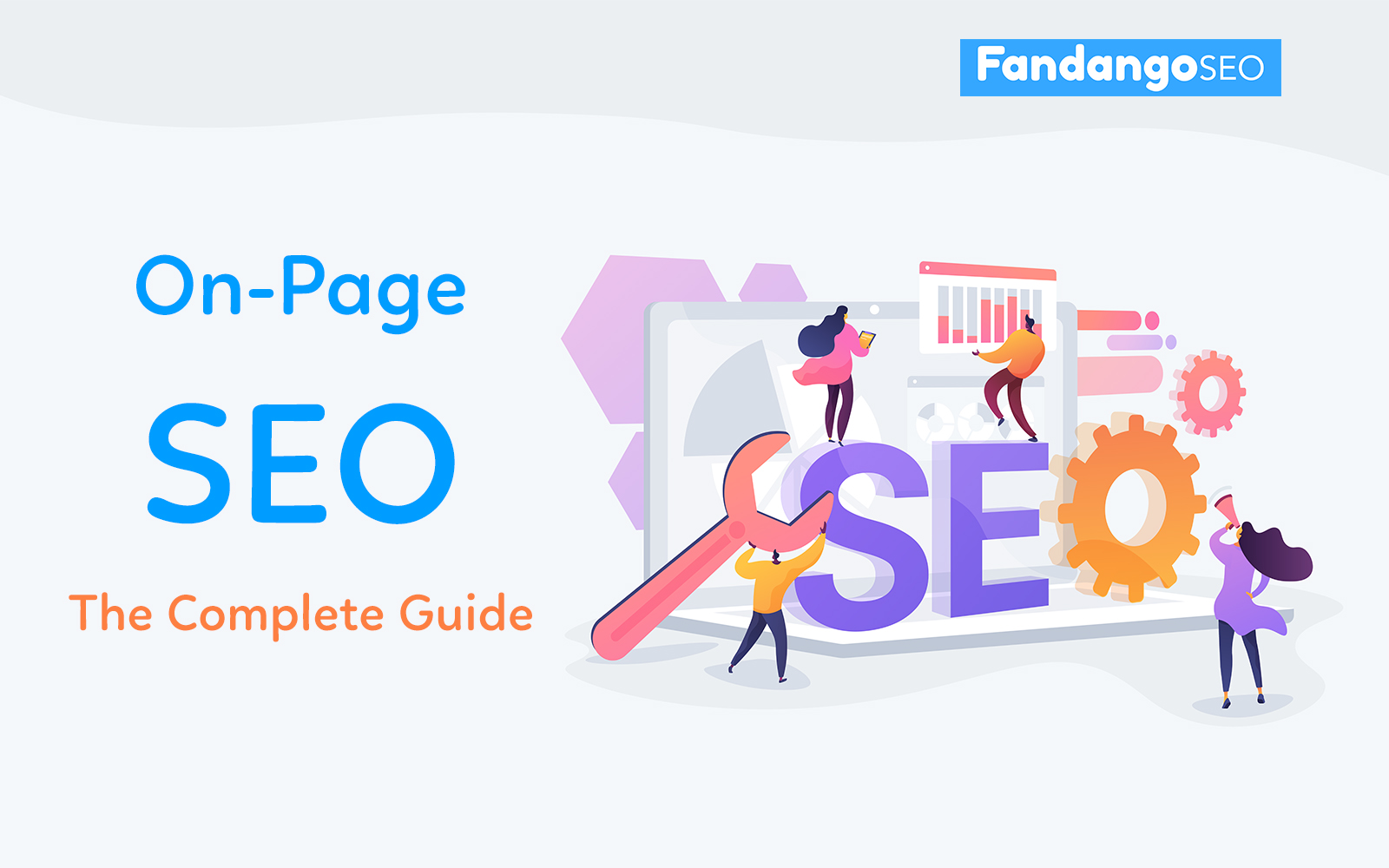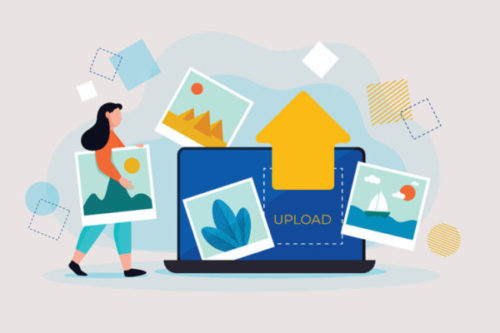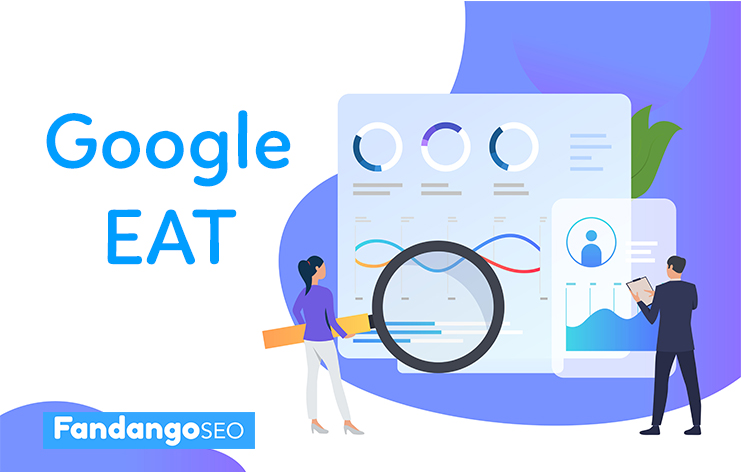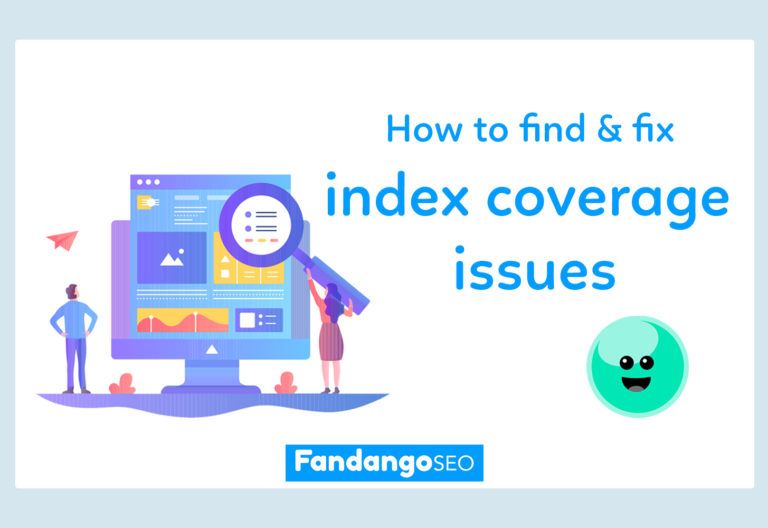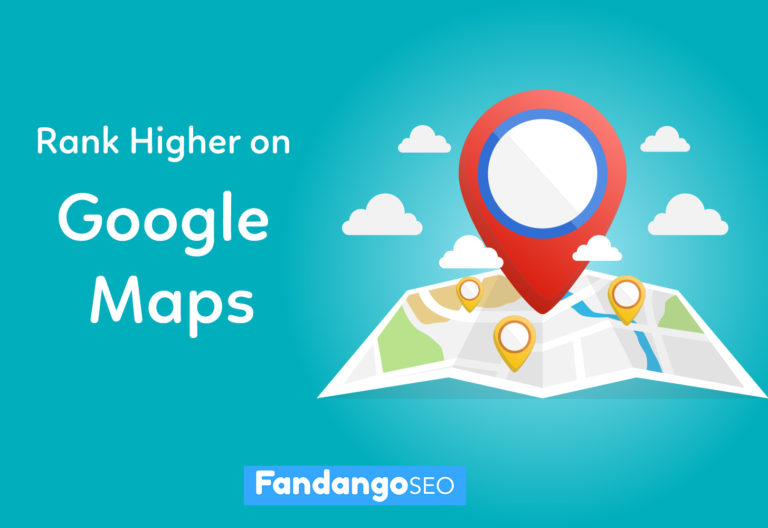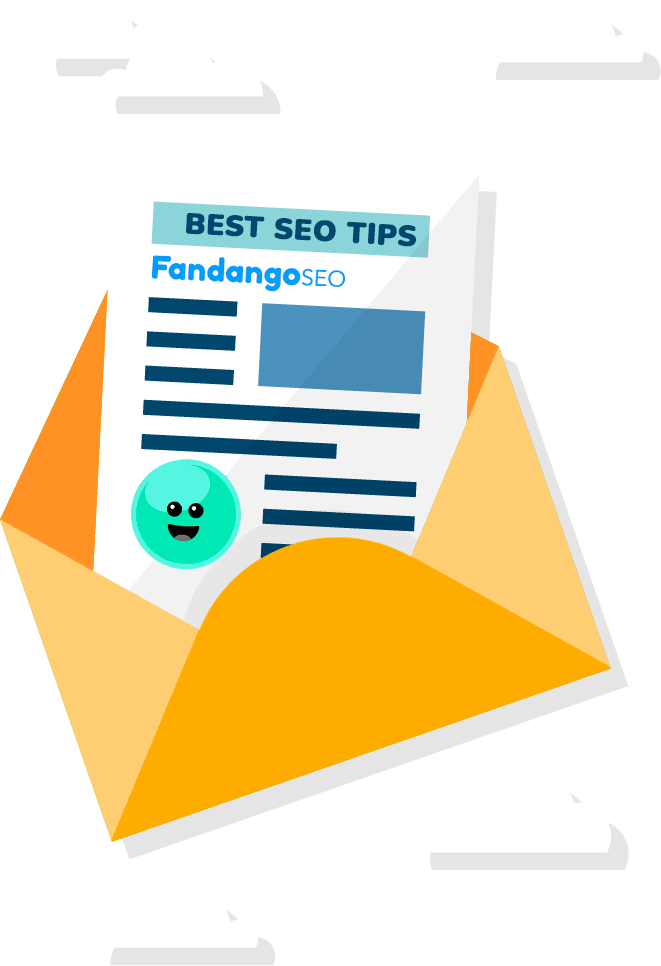When positioning your website, you must consider a series of external and internal factors that affect your SEO performance. On-Page SEO refers precisely to this last one.
If you want to rank high on Google, you need to keep a close eye on the SEO practices we highlight in this article. So, keep reading because we’re going to explain why they are important and how you should implement them to boost your SEO.
Let’s get started!
Table of Contents
Why is On-Page SEO important?
On-Page SEO is vital because when you optimize your content, you make it easier for search engines to analyze your site. This way, the bots will know if you offer relevant information and answer the users’ queries.
Also, through the proper use of HTML tags and technical SEO, you can improve your web performance and security as well as provide extra information to search engines so that they understand correctly the topics you cover. These practices undoubtedly drive more organic traffic to your site.
The search engine algorithm is constantly updated to understand the user’s intent better. Hence, you should ensure that your site’s content matches the searches and is up to date with the algorithms’ continuous changes.
Top 10 SEO Best Practices for On-Page SEO
Take into account the latest SEO trends and follow the next tips to improve your website’s visibility in the search results. Here are some best practices for on-page optimization.
Page load speed
Today, we know that 47% of users expect a web page to load in two seconds, and 40% usually leave if it takes more than three seconds.
The page loading time is a fundamental factor for organic search ranking. This is not surprising as, first and foremost, Google takes into account the user experience when classifying a page. Here is where the Google Page Experience update and more specifically the Core Web Vitals have a fundamental role to play. Make sure to optimize your site for this ranking factor.
Create quality content
Website content must be original and exclusive, as well as relevant and useful. The information provided must respond to the users’ search intent. Ensure that you cover the topics and give the details that your target audience is looking for.
Use natural language
Nowadays, it doesn’t make sense to think that you have to insert the keywords in a web page exactly as they are. Through latent semantic indexing (LSI), Google has enough ability to recognize both synonyms and contextual variants of the target keywords.
Optimize page titles and meta descriptions
Titles and meta descriptions are fundamental for the search engine to determine what a website offers when indexing pages. It is essential to create unique and concise titles, which describe properly the information a site contains. It should include the main keywords and be eye-catching to the readers.
On the other hand, meta descriptions are the introductions that uniquely summarize each page. Don’t forget to add the target keywords and make them attractive to increase your CTR.
Optimize website content
Along with the keyword, relevance has gained weight when positioning the contents. And this has happened since Google launched the RankBrain algorithm, which processes search results through artificial intelligence. When optimizing content, long-tail and LSI keywords must be employed.

Use structured data markup
Structured data markup is a type of code added to a site’s HTML. It helps search engines better understand the information you provide on a web page. It also makes it easier for them to track, organize, and display your content.
Headings and content format
Add header tags and formatting elements such as bold, font, italics, paragraphs, and CSS sections to make the page easy to use. Regarding headings, each page should contain a single H1 tag.
Also, to ensure that H2 and H3 are eye-catching, you should include keywords related to your topic.
Create SEO-optimized URLs
When creating the URL, you should use target keywords to describe what the page offers with a natural tone. The URL structure is important not only to users but also to search engines.
It is better to disable CMS’s option to create automatic URLs as it often makes meaningless sentences. This is because they generally extract the page’s title, which is not always the best option. It is necessary to experiment with different keywords and create unique URLs to classify the pages better.
Include multimedia elements
An excellent way to optimize a page is to include images and other visual elements, such as videos. However, if you do not optimize them correctly, the search engine may not recognize the images. Another common error is offering “too high” resolution in your visual elements affecting the page loading time.
It is, therefore, essential to optimize the images by using original pictures and altering their sizes. It is also vital to create ALT tags, add descriptive file names, and use a content delivery network (CDN) to make the page load faster.
Internal Linking
The search engine bot crawls your website by following the links from one page to another. Therefore, make sure that all relevant pages receive at least one incoming internal link. This way, the search engines will not miss any page on your site.
Additionally, linking different site pages increases the time a user stays on a website, as users are invited to click on the link from one page to another.
Final reflections
All these practices will help you to optimize your On-Page SEO. Pay special attention if your website is new since it is very easy to make errors in these areas. Put all your effort into fulfilling the requirements of Google’s algorithms to get the best website ranking.
Last Updated on January 28, 2024 by Victor Perez Vas
